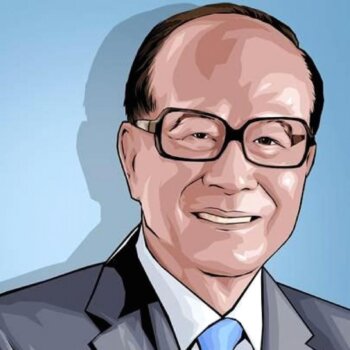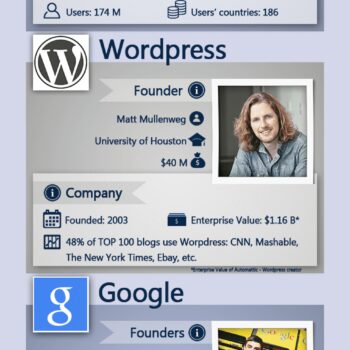I don’t think it is too much to say that a venture capital played a major role in the innovation in Silicon Valley. However, in my humble opinion, it will be obsolete in the not so distant future.
Venture capital(VC), literally, has been investing their wealth to generate additional one despite the risk of the danger attached, and I imagine it sounded like a crazy idea for most people at the beginning.
When Arthur Rock was working as a banker in Wall Street, he received a letter from engineers in California. It was a cry for help. At that time, no one at his department knew what to do about it, but he saw an opportunity in this letter because he thought those engineers were brilliant. He went to California to see them, and suggest that they start a company (those engineers hadn’t even considered this before), and he offered to secure funding for their business. He looked for individuals and corporations willing to invest in the new company, but everybody declined interest in it. After the series of efforts to find investors fell short, someone suggested that he meet with Sherman Fairchild. Then finally, Sherman agreed to invest in those guys. The company was called Fiarchild Semiconductor.
Fiarchild Semiconductor’s case was (as you might have guessed), not a successful venture capital funded company; it was owned by an eastern corporation, and the capital policy was opaque/obscure. However, this model became a stepping stone to the VC as we know it today. Moreover, eight engineers (The Traitorous Eight) who left the Fiarchild Semiconductor largely contributed to the development of Silicon Valley (Intel, Kleiner, Perkins, Caufield, Byers…).
Arthur Rock wanted to do more of this type of funding in the West, but at that time all the money was in the East. So, he collected money in the East, and moved to San Francisco. And he ended up becoming an early investor in major firms including Intel, Apple Computer, Scientific Data Systems and Teledyne.
Now he is known as a pioneer in a VC industry. Venture capitalists like him ventured when other people saw only risks in startup funding. This noble model of venture capitals has been successful and became the standard for early stage startups.
Unfortunately, the world is headed in another direction. I believe a VC will be something like a newspaper today.
Instead, another crazy idea will become the mainstream; Crowdsale. It will open the equity buying to the public, and the fund-raising of startups will mainly be from the crowd. It’s simply a more efficient approach to raising funds. In order to raise funds from VCs, typically, startup founders have to meet lots of investors, pitch their ideas, consult with lawyers, and sign a contract in the end. Whereas, with crowdsale, founders only need to program the smart contract of crowdsale on their own, and explain about their project just once online. A large part of the fund-raising will be done online with a programmable smart contract.
I guess a form of crowdfunding will evolve over time, but in essence, I believe startup fund-raising will be more decentralized; instead of being dominated by rich people in VCs, anyone can participate in the open market where the risks and the gains are more evenly distributed.
________________________________________________________
About the Author
This original article was written and submitted by Tai Sukemino.





























